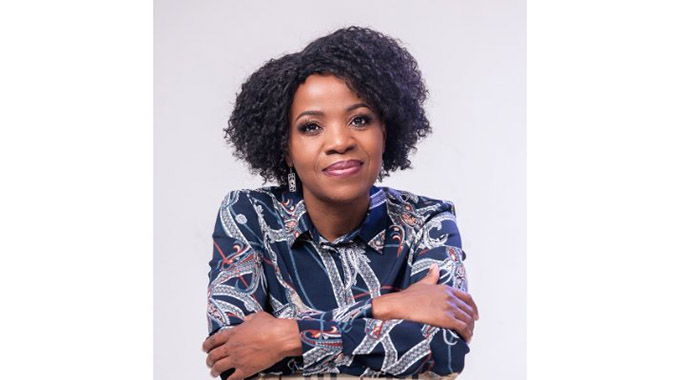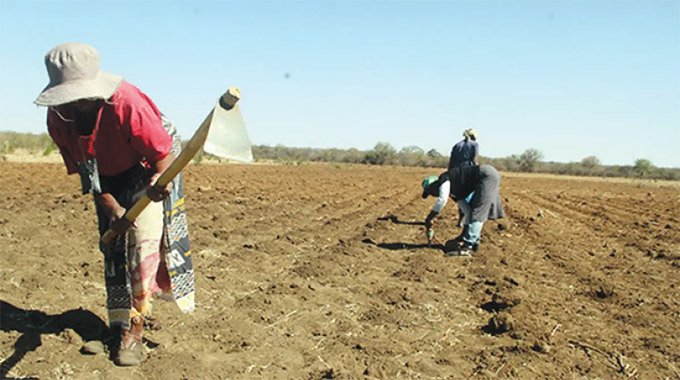Media urged to tell the African conservation story

Sifelani Tsiko Agric, Environment & Innovations Editor
The African Wildlife Foundation (AWF) has urged journalists to tell the conservation story from the African perspective to help the continent to reclaim its role in the fight to save the planet and the future of humans.
AWF Zimbabwe country director Olivia Mufute told African journalists yesterday at an environmental workshop in the capital that the conservation story had for long been told from an external perspective – the perspective of science and the West without including African people, culture, heritage, knowledge and their aspirations in conversation.
“For so long, the conservation story has been told, but not with an African perspective. But even then, mostly through the lens of science and animals,” she said.
“With less of the African people, cultures, heritage, use, knowledge, aspirations – all as part of conservation. And this is a role we need to reclaim. The African media needs to cultivate the authentic African voice through storytelling.
“This is because storytelling is one of the fundamental aspects of African history and origin. Long ago, our forefathers and ancestors deeply valued storytelling because it enabled the passing on of traditions, myths, and cultures.”
Zimbabwe is this week hosting an environmental workshop for African journalists to sharpen their skills on the coverage of environmental and conservation matters.
The African Wildlife Foundation (AWF) is organising the workshop which will run from November 8 -13.
A total of 31 journalists participating in the workshop are drawn from Zimbabwe, Zambia, Botswana, South Africa, Mozambique and Malawi.
Mufute said that through shifting the narrative of African conservation, Africans could begin to see more content on nature and wildlife that speaks more about their experiences.
“When you report more, bringing out the African narrative, we could begin to see more change influencing people to see the value of their wildlife and environment,” she said.
“If people see Africans telling Africans why conservation is important, we could see more people embracing conservation as a crucial tool for our survival.”
The AWF Zimbabwe country director said to alter the narrative, there was a need for a titanic shift in African conservation leadership and the African mindset.
“No one else is coming to save Africa – so we must do it ourselves and it must begin yesterday. The stories should not be about wildlife and tourism but the connection to agriculture, energy needs, food security, water, our own politics because mismanagement of wildlife does not stay in the bushes,” Mufute said.
She said biodiversity was the mainstay of socio-economic development, providing and replenishing essential goods and services that people depended on for sustenance and wellbeing.
Food production systems and sources of livelihood, including economic sectors such as agriculture, tourism, health, energy and manufacturing, all depend on biodiversity, Mufute said.
“It gives me immense pleasure to know that today I am speaking to the main agenda setters who dictate what African families, the youth, children, and our leaders watch and consume on their devices and in newspapers,” she said.
“The media wields the power to shift the narrative for ensuring wildlife thrives in a modern Africa.”








Comments